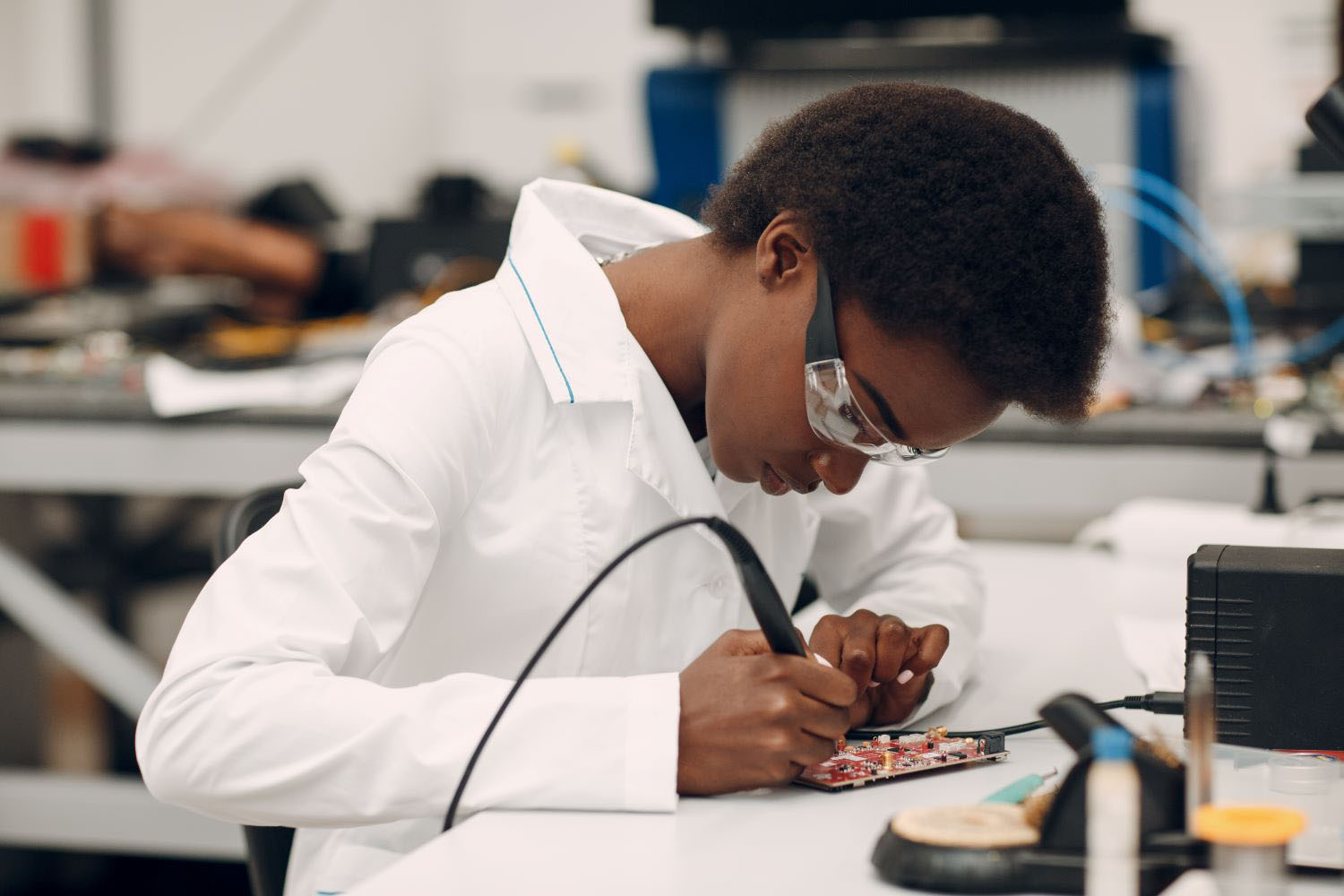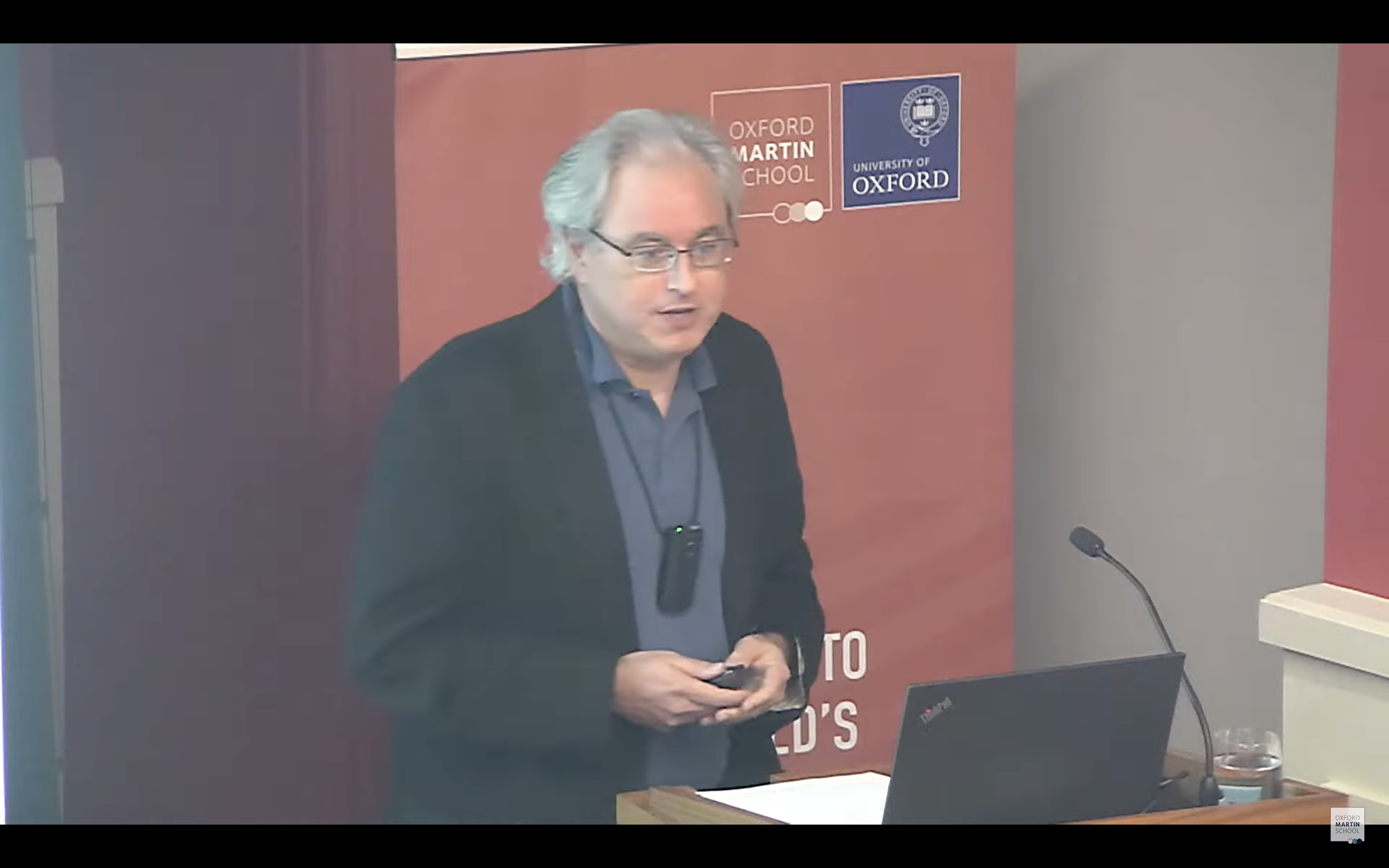What is a country to do with thousands of young rebel fighters, wives, and children returning from an unpopular war? The question is one that has been faced by dozens of developing countries, and is currently confronting several more. More often than not, the answer has been to provide ex-fighters with goods, cash support, and promises of services, such as vocational training. This approach has been fraught with challenges and controversy. Are such packages the best path to peace and development? Are perpetrators to be rewarded over victims? Are (mostly male) fighters to receive benefits over (mostly female) wives and support staff? Are unconditional cash handouts appropriate for child and adolescent fighters? In a
new research brief, we say no.I have spent the last three years working with youth in northern Uganda, directing the
Survey of War Affected Youth (SWAY) alongside three co-researchers and two humanitarian agencies. There, the Lord's Resistance Army (LRA) has waged a low-scale guerrilla war against the Uganda government for nearly two decades. As outlined in
a recent book chapter, nearly all members of the LRA have been forcibly recruited, typically as young children or adolescents. The Ugandan government and the LRA are now negotiating for peace, and the next item on the agenda is the conditions for return and reintegration of the rebel force. In addition to fighters numbering at least a thousand, there are thought to be thousands of porters, cooks, wives and children. In a
new SWAY research brief, my co-researchers and I challenge some deeply-held assumptions about the effects of war on youth and argue for changes to the demobilization, disarmament and reintegration (DDR) status quo:
- For the majority of returning youth, accelerated education, secondary school support, and livelihoods assistance are most needed, but remain in short supply.
- For the small but important minority of returnees who return with war injuries or to family discord, educational and economic support is secondary in importance to medical treatment and conflict mediation. Yet almost no specialized assistance is available for these cases.
- Such programs should not be specifically to formerly abducted youth, however. Rather, the evidence supports the opposing view--targeting of formerly abducted youth is likely to be unsuccessful in reducing vulnerability, in addressing needs and in improving long-term reintegration.
- Ultimately, the evidence points to an expansion of programs that are more targeted to youth with the most serious educational, economic, psychosocial, and health challenges. Such programs would not need to target former abductees in specific, but could target based on self-selecting criteria and easily identifiable needs.
- Crucially, any reinsertion packages that are negotiated for youth returning from the LRA should be introduced in tandem with larger programs of support for all youth.
- If cash disbursements are paid in the reinsertion packages, it is important that they be redesigned to minimize the risks of stigmatization, misuse, and theft.
- Any reinsertion program, moreover, offers a unique opportunity to carefully monitor and evaluate the benefits and risks associated with reintegration program alternatives, such as conditional versus unconditional cash transfers.
- In certain areas--such as literacy, the secondary school transition, the psychosocial impacts of violence, the incidence of domestic violence, and family conflicts upon return--the evidence suggest that women and girls are more likely to experience difficulties. Programs and funding have served women poorly in the past, but need not do so in future.
As peace negotiations proceed, we urge the major actors--the Ugandan government, the representatives of the LRA, international negotiators, and the donor governments and international institutions who will finance any plan--to integrate DDR assistance into the larger plan for peace, recovery and development in northern Uganda, focusing on serving actual needs than entitlements for any one group.
Presentations will be held in Uganda November 29 through December 4, 2007. Details and RSVP information here.
For more background to the conflict, or suggestions on how to get involved, follow this link.
CGD blog posts reflect the views of the authors, drawing on prior research and experience in their areas of expertise.
CGD is a nonpartisan, independent organization and does not take institutional positions.





